MARKET OVERVIEW
The global security testing market holds significance as far as the cybersecurity realm and digital infrastructures are concerned making them immune to any possible threats. Manufacturing installations of advanced technologies make it essential for the businesses to evaluate software, networks, and applications concerning vulnerabilities. This industry thus functions from a perspective of risk assessment and digital fortification, looking into issues ranging from unauthorized access to sophisticated cyberattacks. While traditional security measures were preventive controls, now the demand is gaining momentum for proactive testing mechanisms. It is thus a challenging environment where testing methodology innovation plays a key role.
With more and more organizations adopting cloud computing and adapting the technologies of artificial intelligence and the Internet of Things (IoT), the security will become quite complicated. Therefore, security testing solutions would be designed to move along with the continuous innovations in technology for any organizational investment analysis. There will be a rising requirement for automated security testing tools as more and more companies are looking for efficient and effective means of discovering weaknesses without interruptions in running business operations.
There is an answer to the above question as cybercriminals convert and perfect their tradecraft, and it becomes imperative that a company be ahead of the game by employing a testing strategy that is comprehensive and continuous. The approach that the global security testing market will take in considering solutions will be those that not only identify vulnerabilities but will also forecast its imminent occurrence.
The regulations and compliance requirements will define the path this market will follow. Stricter guidelines by governments and international agencies would be for enhancing adherence to cybersecurity standards required in businesses. Organizations that do not comply with security testing would be subjected to fines and damage to their reputation. Therefore, as data privacy regulations get strict, security testing will be to the norms considered standard as opposed to being carried out once in a while. Adoption of ethical hacking and penetration testing services shall be a norm as businesses begin to understand the meaning of pinpointing weaknesses before cybercriminals exploit such.
Rise of DevSecOps-that is applying security into software development-impacts demand for continuous security testing solutions. Organizations look for testing frameworks, which can easily be integrated into their development pipelines so that when identifying vulnerabilities, they take at the real time. This is going to lead to more preference in terms of AI-driven testing tools capable of automating security assessment very accurately. The global security testing market is going to change, transforming testing into the development lifecycle rather than an isolated action.
Global security testing market is estimated to reach $83,681.80 Million by 2032; growing at a CAGR of 24.8% from 2025 to 2032.
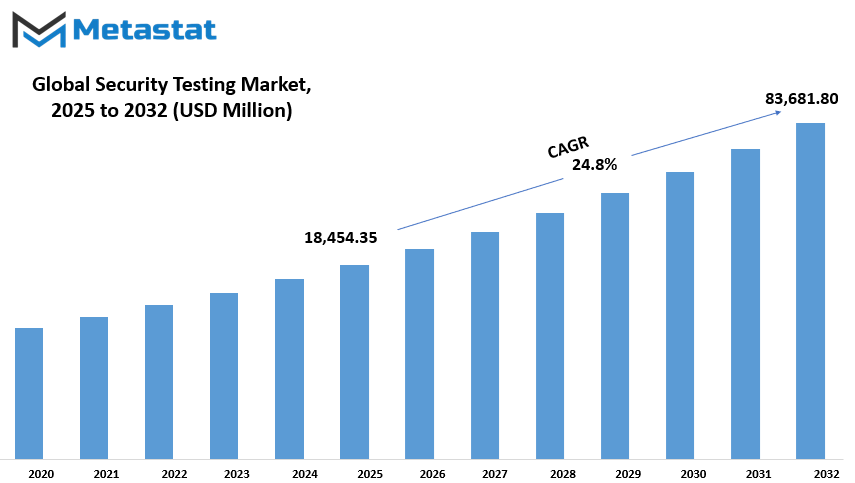
GROWTH FACTORS
The global security testing market has been buoyed significantly with organizations faced with ever-increasing threats of cyber-attacks and data breaches. Businesses and indeed many government organizations have continued to place greater emphasis on protecting sensitive information on premises and thus have increased demand for more sophisticated security testing solutions. The rising levels of cyber threats have made keeping company security infrastructures constantly tested and up to date a necessity. Security testing serves to minimize the extent of vulnerability before malicious use can take place and thus offers maximum protection from attacks.
Though digital transformation has moved along leaps and bounds, it affects organizations' increasing reliance on technology, making cybersecurity a critical intention. In particular, strict compliance with data protection laws would make a good case for more comprehensive security testing solutions. Companies would undergo the appropriate supervisory guidelines required by these regulatory bodies, thus the investments being directed toward the enhancement of security-testing frameworks in many industries.
Nevertheless, there are various barriers that contribute to the future limitation of security solutions in the world. One of the essential challenges would be the high cost involved in implementation, making adoption difficult for SMEs to deploy further into advanced security. Security testing is rather too complex and requires much skill from the organization to execute and maintain effectively; however, the shortage of cyber experts continues to create a gap in the global security testing market, thus limiting the pace and the level at which companies can implement such useful solutions. Most businesses find it a marvel to find their qualified professionals to conduct accurate security assessments, leading to potential loops in the systems.
However, the global security testing market is also discovering new avenues heading forward. Security testing, boosted by the induction of artificial intelligence and automation, has increased the industry's pace in identifying and detecting vulnerabilities faster and with more accuracy. AI-generated data and real-time analysis can immediately be adapted to improve threat detection and response. Remote processes complemented by an increasing digital footprint add to security testing in the cloud area, whereby cloud security would be a key ingredient.
Therefore, securing cloud-based applications and data storage has become a top priority as many enterprises are moving towards remote operations. They are now actively seeking solutions to provide robust cloud security testing, which would propel the global security testing market growth. With continuous technological advancement, coupled with the rising need for cybersecurity solutions, Global Security Testing will continue drawing improvement over the years.
MARKET SEGMENTATION
By Security Testing Type
The global security testing market is set to witness massive growth owing to an increasing appetite for proven security infrastructures across industries. Businesses are on the verge of increasing their digital footprint, thus vulnerabilities with respect to networks, applications, and devices are becoming matters of grave concern. However, organizations invest heavily into security testing solutions for the identification of threats, risks, and compliance with the evolving regulatory standards. The major drivers of increased adoption include cyber threats, technological advances, and increased awareness of security vulnerabilities.
Security testing is one of the basic areas that keep an organization's digital assets and infrastructures safe from unauthorized access, data breach, and cyber attack. Security testing companies are designing an into-the-entire security strategy, which means different types of tests must be performed to ensure strong defenses are built. It goes without saying that one of them is network security testing, and its prime part is, of course, application security testing, which may cost around $5,664.72 million, which is one of the most searched-after segments in security testing, and targets the weaknesses in the network architecture so that they can be kept from unauthorized access, and the channels of confidential information are then safeguarded.
Other main things tested under application security are security testing, finding out in advance the vulnerabilities that may be exposed in software applications ل- when the adoption of applications occurs. Moreover, device security testing prohibits cyber threats against hardware components and connected devices, all pertaining to IoT and interconnectivity concerns.
The further technological advancements seen in security testing are in real-time alignment with the evolving landscape of cybersecurity threats. AI and automation are believed to be the two drivers behind a fast and accurate security testing process. Machine learning algorithms are useful for identification of patterns and anomalies, which could turn into a security threat. In addition, given that these solutions are cloud-based and therefore scalable and flexible, they hold importance in allowing any organization to perform security assessments without involving huge on-premises infrastructure.
This rush to get security testing solutions is because organizations are now facing mounting regulatory requirements and compliance mandates. Businesses have to comply with such data protection laws and cybersecurity frameworks, which necessitate security assessments to be performed on a regular basis for keeping such entities in good standing. Banking, healthcare, retail, and government institutions are investing in security testing to protect their customers' data and prevent havoc on their balance sheets due to cyber incidents.
The growing adoption notwithstanding, the global security testing market is challenged by the complexity in security testing procedures and the acute shortage of skilled professionals. Working on these challenges, companies would bolster their security posture through training initiatives and partnerships with security companies. The global security testing market will evolve as a prime enabler to shield digital ecosystems from ever-changing cyberspace threats.
By Deployment
The global security testing market is projected to continue flourishing as businesses focus on data protection and regulatory compliance. Along with rising incidences of cyber threats, organizations are adopting security testing solutions that help protect sensitive information. These solutions identify vulnerabilities that can lead to breaches and verify if security controls are actually secured. Organizations in every industry-Namely finances, healthcare, retail-have begun to realize the importance of strong cyber strategies in safeguarding sensitive information. All of these push demand for security testing solutions and markets forward.
The security testing solutions are categorized according to how they are deployed. There are two basic deployment options, the on-premises solution and the cloud solution. When the deployment is on-premises, it means installation of security testing software relative to the organization's infrastructure. Consequently, it has direct control over data protection and security processes and is often a chosen option of enterprises that handle highly confidential information and have strong data governance needs. Meanwhile, with cloud deployment, flexibility, scale-up, and cost-efficiency are guaranteed. Many companies would prefer the cloud solutions due to ease of integration with existing systems, to use from anywhere remotely, and automatic updates that ensure the security systems remain up to date without requiring any human intervention.
In line with the advancement of technology, the course of security testing is advanced to address some innovative and sophisticated cyber threats. Self-operating security testing applications are hence becoming popular for ensuring that organizations do thorough assessments in a more productive manner. Artificial intelligence and machine learning also assist in enhancing threat detection so that organizations can take the threats pre-emptively.
Even so, security testing faces its own challenges for expansion. Dealing with compliance is the most complex part of safeguarding critical data. Cybersecurity-bereft organizations are increasingly feeling the pinch when it comes to acknowledging the shortage of skilled people in cybersecurity. In view of forthcoming sternness of circumstances, immediate action will be essential to increase the resilience of cybersecurity frameworks and limit privilege.
The prosperity of the global security testing market will continue to be heralded by widening cybersecurity concerns as well as bettering technology. Organizations will always be interested in reasonable security testing solutions to secure their digital assets and keep customer trust. With the more aspect of businesses being driven toward digital transformation, the required security testing should be achievable so that any security vulnerability is reported and fixed before exploitation.
By Organization Size
The global security testing market is very significant in terms of the growth businesses so far realized from implementing the safety measures in their digital assets against real threats. This is so because cyberattacks are becoming sophisticated day after day, and organizations are now involving themselves in security testing to find and mitigate mismatches before these cybercriminals get another opportunity in using such vulnerabilities. Moreover, organizations realize that security is not necessary only to protect sensitive data but also to ensure that it keeps the trust of customers while complying with regulations.
Security Testing is one of the uptaking trends in companies of all sizes; security testing is a highly specific security testing solution to suit a company's needs. Full-fledged security testing framework is to large enterprises that need to manage huge quantities of data and have very complex IT infrastructures, risk mitigated by using exhaustive security testing frameworks. Dedicating nugget loads of their resources towards advanced testing methodologies, they ensure that secure environments exist for their networks, applications, and cloud environments.
Security audits are usually conducted by these enterprises on a timely basis to meet their industry's regulatory requirements, which would be directed towards preventing breaches. However, small and medium enterprises have also realized the need for security testing, yet their approach may not be the same. As they carry a small budget with limited IT manpower, SMEs usually benefit from low-cost automated solutions designed for vulnerability detection without much requirement on technical expertise. Even though cyber threats do not spare small enterprises, it is fast becoming a trend that even such small enterprises are going for managed security services as their defense strategies.
The further speed up in the demand for security testing comes with the progress of the digital transformation. From cloud and remote work to all digital transactions, security risks are multiplying as businesses go cloud-oriented. Security testing becomes part of the development cycle for organizations, ensuring that applications and systems are protected from the earliest development stages. Several other companies are modernizing their processes to be up to par with compliance on data protection laws and industry standards. There are stringent regulations set out by the governing bodies, and falling short on the standards may not be without legal repercussions and financial losses.
Security testing providers are not left behind in the innovation race to keep pace with changes in the global security testing market. With the advent of artificial intelligence and machine learning, threat detection efficiency and accuracy become higher and, therefore, allow the businesses responding proactively. Most enterprises at the moment install automated tools that carry out security testing as a solution to improving their security processes without hampering effectiveness. Given the ever-increasing dependence on technology, a business entity will always be in pursuit of solutions to security testing in order to protect its cyberspace, guard against losses, and keep business operational continuity.
By Vertical
The global security testing market, as an integral part of the cybersecurity ecosystem, helps ensure that any business or institution protects its digital infrastructure against changing threats. Given that organizations have long become dependent on digital systems, so has security testing become part of the key processes for vulnerability identification and blocking breach opportunities. As cyber threats become more sophisticated, businesses are realizing that protecting sensitive data and operations is actually a proactive process.
Different industries employ security testing, with varying security concerns and compliance requirements. In the banking, financial services, and insurance industries, where an enormous amount of sensitive data is dealt with, institutions become prime targets for cybercriminals. Security-testing measures seek to avert potential exploitations by ensuring the security of financial transactions and client data. In the same breath, healthcare is heavily threatened with lots of documents that should be deemed top secret, whereby patient records and medical devices as well as hospital networks should be armed to the teeth against unauthorized access and data breaches.
Robust security testing becomes the antidote to cyber espionage and attacks on essential services since government and defense agencies hold classified information and critical national infrastructure. Security testing is extensively used in IT and IT-enabled services to secure and protect cloud environments, application layers, and enterprise networks from all sorts of threats that could disrupt their operations and lead to loss of data. Communication companies rely on communication networks and huge amounts of user data, and stringent security assessments are required to avoid possible breaches or interferences with the service.
The manufacturing sector is now increasingly vulnerable to industrial cybersecurity due to an increase in automation and connected devices. Protecting production lines, supply chains, and proprietary information from cyber threats have become a priority for any company trying to remain efficient and discreet. With secure payment systems and customer data protection as their most potent arsenal, trust is given to e-commerce for smooth online transactions. Security testing greatly benefits educational institutions in averting any cyberattacks and data leaks due to the reliance on digital learning platforms and student information systems.
Besides these industries, several other domains also acknowledge the significance of security testing to minimize risk and compliance with data protection regulations. As technologies evolve, the demand for security testing services is going to continue to trail its growth and keep the flag up for securing the digital world across industries. Companies willing to invest in security testing will be better positioned to handle any impending threats and retain the trust of their customers and stakeholders.
|
Forecast Period |
2025-2032 |
|
Market Size in 2025 |
$18,454.35 million |
|
Market Size by 2032 |
$83,681.80 Million |
|
Growth Rate from 2025 to 2032 |
24.8% |
|
Base Year |
2025 |
|
Regions Covered |
North America, Europe, Asia-Pacific, South America, Middle East & Africa |
REGIONAL ANALYSIS
They are classifying the global security testing market according to the geographical classification of the areas. The regions are North America, Europe, Asia-Pacific, South America, Middle East, and Africa. In North America, segmentation took place as the U.S., Canada, and Mexico. Europe, on the other hand, is segmented between countries like the UK, Germany, France, Italy, and all other European countries. The Asia-Pacific region still encompasses other countries such as India, China, Japan, South Korea, and many more. In South America, the segment consists of Brazil, Argentina, and many other countries. The last two regions of the world, i.e., the Middle East and Africa, see their classification into GCC Countries, Egypt, and South Africa, among other countries in the region.
The variation in demand for security testing solutions across different regions is due to advancement in technology, regulatory requirements, and rising demands for Cybersecurity. North America is the leading region of the U.S., with a greater share due to different reasons, including strict data protection laws, many cybersecurity companies, and an increased number of cyber threats, which make this region lead in the adoption of security testing. After this comes Europe, with its firm initiatives on security frameworks in countries like Germany and the UK, all aimed at securing their digital infrastructures.
Asia-Pacific is on the fast track, which includes government initiatives, investments in cybersecurity, and expansion of digital services strengthening data security as the engine behind this growth. Demand is witnessing an unprecedented boom in the security testing solution segment across India and China. Enterprises and organizations are focusing on digital protection. Threat realization, together with changes in regulatory frameworks regarding the same, has accounted for increased adoption of security testing services in South America, led by Brazil and Argentina.
The Middle East and the African region are also making their presence felt in the park, but security testing is quite advanced in the GCC countries and South Africa, with the governments and enterprises investing in cybersecurity to tackle emerging threats. As the banks and enterprises accrue the prerequisite for all-round security assessments to protect their sensitive data, the demand for security testing will become paramount across all these regions.
With the increasing sophistication of threats to our digital environment, security testing solutions can act as a frontline force in protecting digital systems. Organizations across various sectors are beginning to understand the need for proactive security; thus, the global security testing industry continues to flourish with each passing day. The acceptance of such solutions will be contingent upon the regulatory environment in the region, the type-specific requirements, and the transformation initiatives gaining traction across the globe.
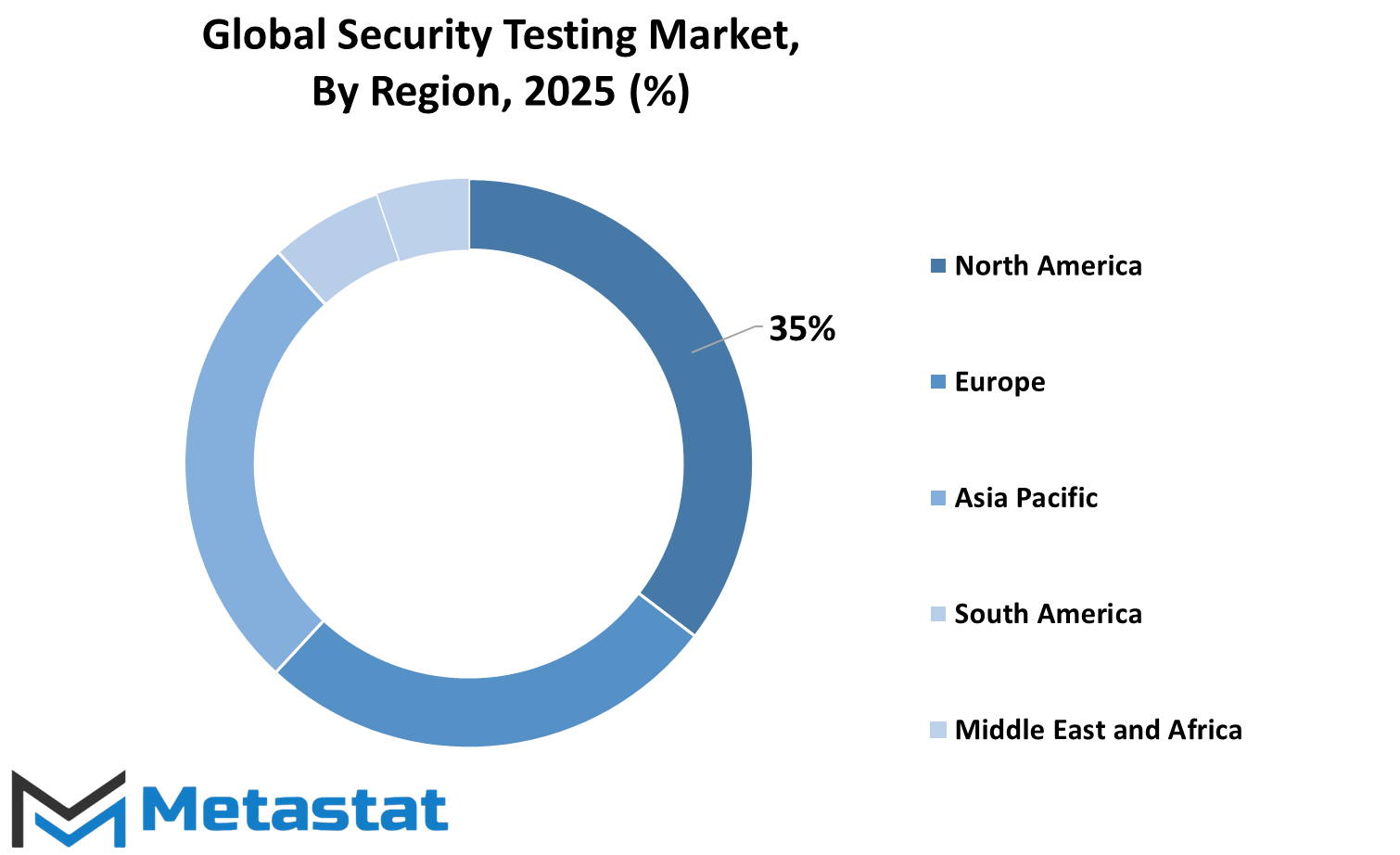
COMPETITIVE PLAYERS
The global security testing market is being heralded as development since companies worldwide regard protecting their digital assets against cyber threats as increasingly important. The demand for stronger security measures is on the rise due to ever-increasing dependency on technology, and security testing is an important means by which weaknesses in software, networks, and applications are identified so as to prevent data breaches, unauthorized access, or cyberattacks. The global adoption of proactive security strategies to secure sensitive information and ensure compliance to regulatory standards is substantially constituting the growing trend in this sector. Companies are starting to perform security testing earlier in the software development cycle thus allowing more remediation of weaknesses before deployment.
As cyber threats are becoming more enlightened, security testing concepts are also changing. Now organizations give precedence to automated and continuous testing to support real-time risk detection. Ethical hacking, penetration testing, and vulnerability assessments have become functional tools to evaluate and boost security posture. The élan in demand for cloud-based security solutions has been evidenced by the ever-increasing trend towards remote working and digital transformation. Organizations can hardly see security as a one-time activity in practice but an ongoing minimum effort to keep ahead of the curve in terms of potential threats.
A few top players are dominating the global security testing market, which supplies advanced solutions to undertake various security challenges. Organizations like IBM Security, OpenText, Checkmarx, Cigniti, Check Point Software Technologies, Qualitest, and Fortinet provide thorough and exhaustive testing services to identify and shore up against security risks. Others like Intertek, eInfochips, Fortify (Micro Focus), Veracode, HackerOne, and Synopsys specialize in application security and vulnerability management. Industry stalwarts such as AppScan (HCL Technologies), Cobalt Labs, Trustwave, Contrast Security, Bugcrowd, Applause, Parasoft, BreachLock, and ImmuniWeb work towards strengthening security frameworks with innovative testing tools and services.
The challenges remain in the industry, wherein the companies are faced with keeping ahead of the game against new cyber threats. Increasingly complex IT infrastructure combined with current technologically well-equipped attacks calls for a multi-layered security approach from organizations. The problems are compounded by lack of budgetary resources and insufficient skilled security professionals, making it imperative for companies to engage in protecting their business with robust security measures and employee training programs. The global security testing market, however, will provide an impetus for growth given the huge interest in cybersecurity by the industry and governments. The empowerment of security testing shall be enhanced with advances made in AI, machine learning, and automation, which will serve in aiding organizations with threat detection and response.
Security Testing Market Key Segments:
By Security Testing Type
- Network Security Testing
- Application Security Testing
- Device Security Testing
- Other
By Deployment
- On-premises
- Cloud
By Organization Size
- Large Enterprises
- SMEs
By Vertical
- BFSI
- Healthcare
- Government & Defense
- IT & ITeS
- Telecommunication
- Manufacturing
- Retail & E-Commerce
- Education
- Other Verticals
Key Global Security Testing Industry Players
- IBM Security
- OpenText
- Checkmarx
- Cigniti
- Check Point Software Technologies
- Qualitest
- Fortinet
- Intertek
- eInfochips
- Fortify (Micro Focus)
- Veracode
- HackerOne
- Synopsys
- AppScan (HCL Technologies)
- Cobalt Labs
WHAT REPORT PROVIDES
- Full in-depth analysis of the parent Industry
- Important changes in market and its dynamics
- Segmentation details of the market
- Former, on-going, and projected market analysis in terms of volume and value
- Assessment of niche industry developments
- Market share analysis
- Key strategies of major players
- Emerging segments and regional growth potential



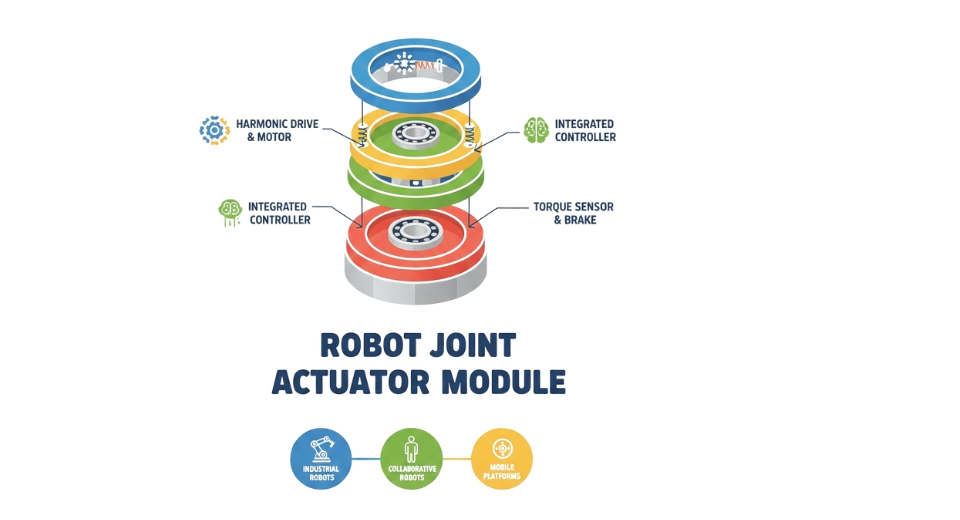
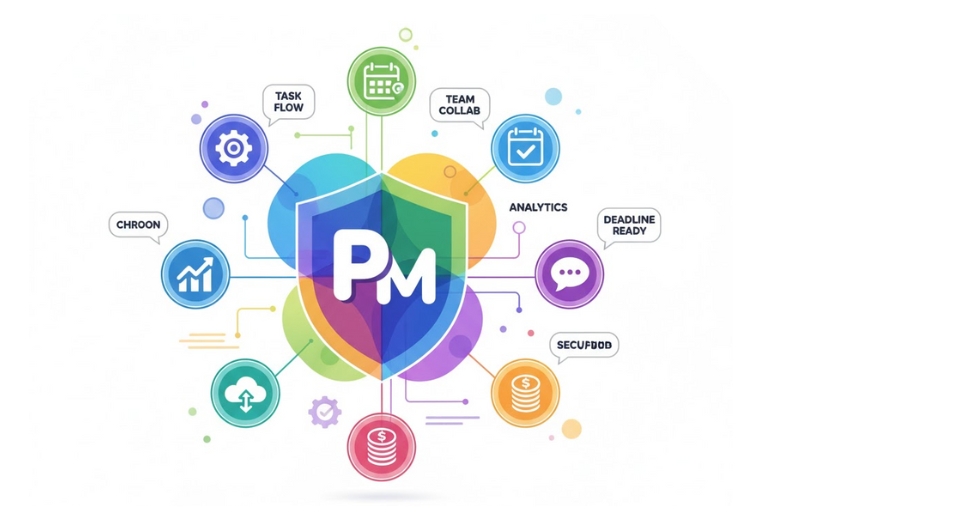
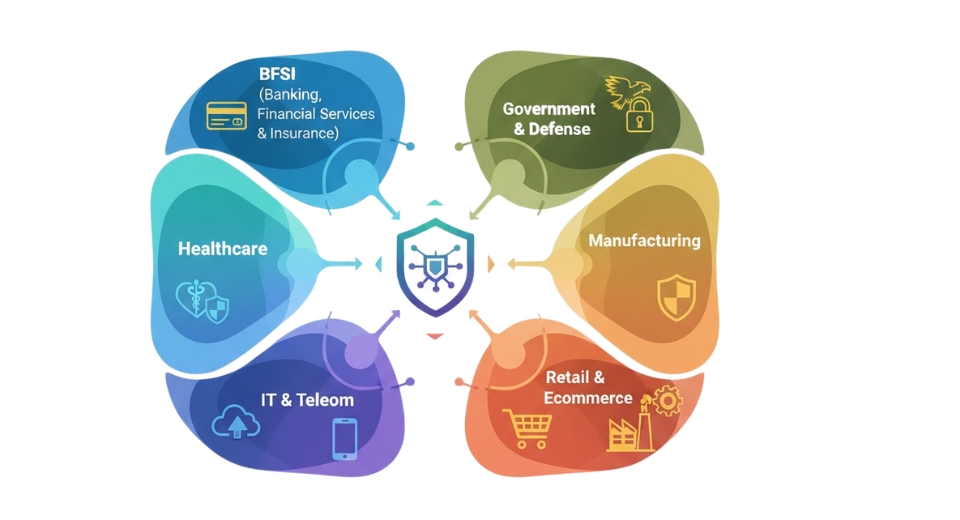
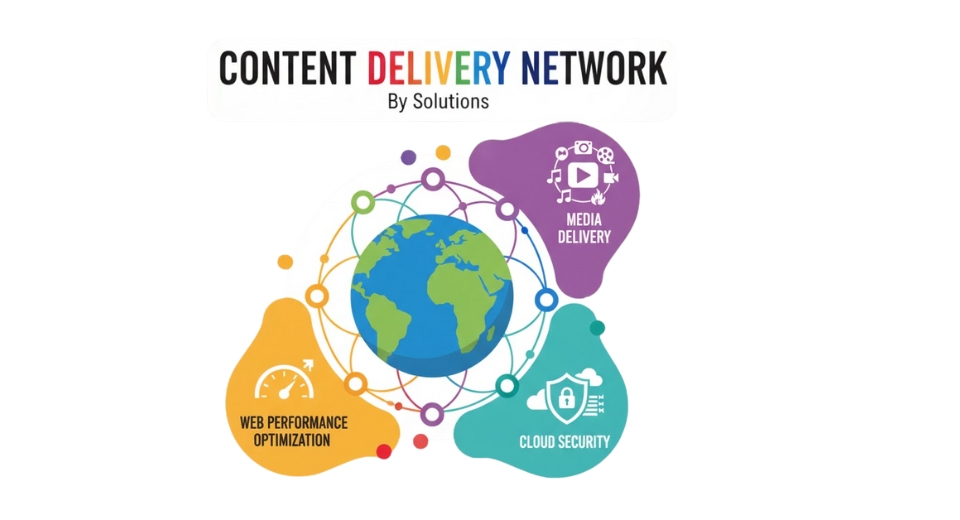

 US: +1 3023308252
US: +1 3023308252






